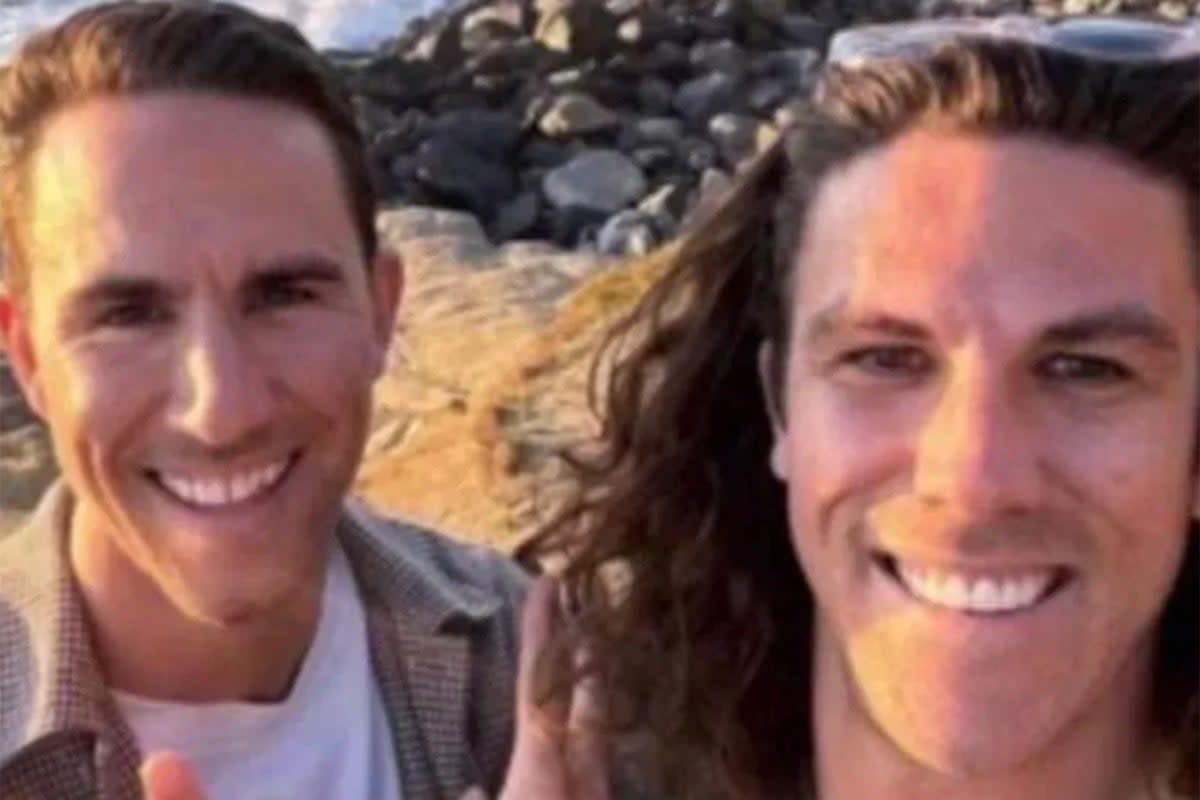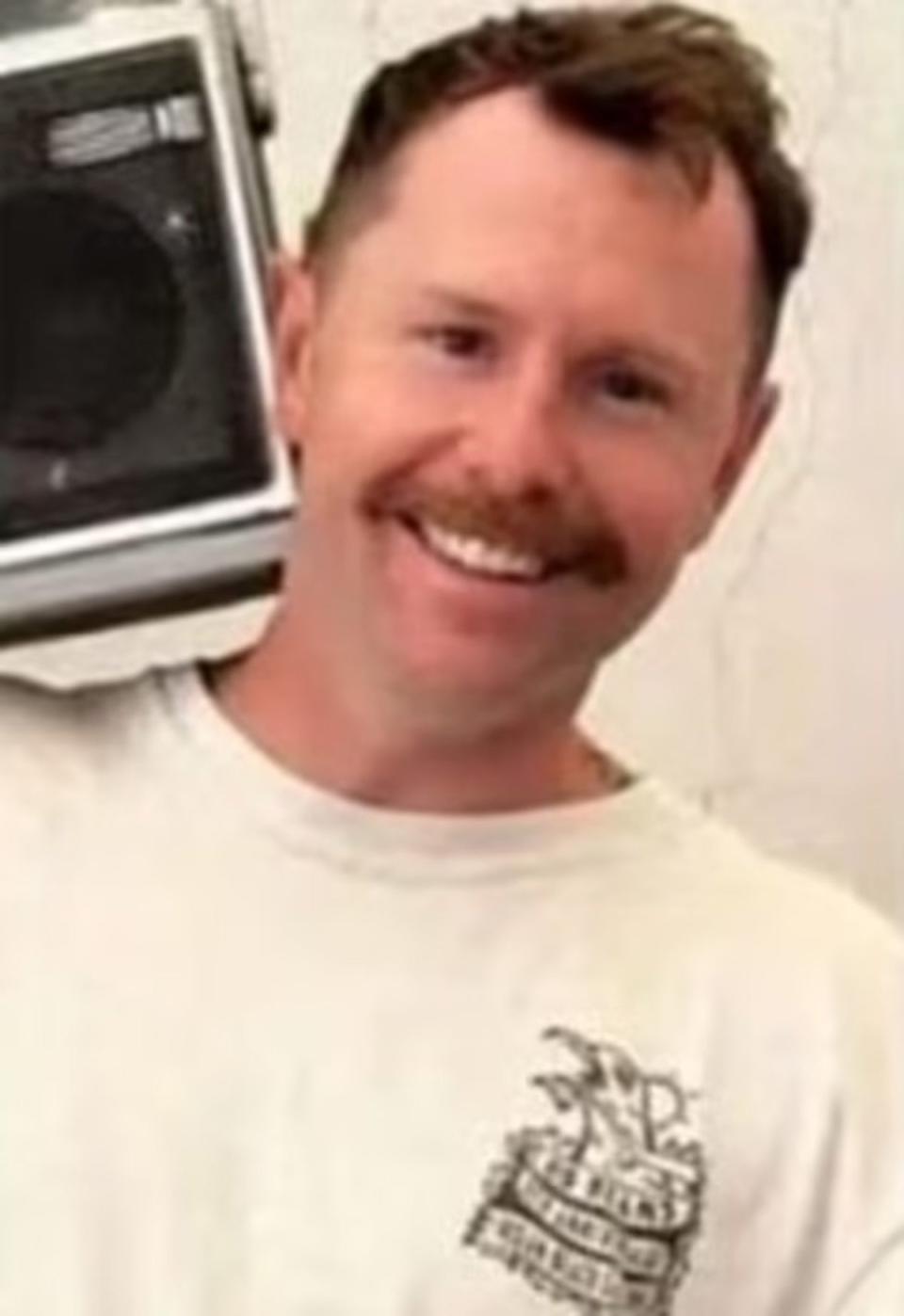Missing American and Australian tourists were likely killed in carjacking in Mexico, police say

The American and Australian tourists who vanished while on a trip in Mexico were believed to have been killed in a robbery-turned-shooting, authorities say.
Australian brothers Jake and Callum Robinson and their friend Carter Rhoad, from the United States, were reported missing after failing to show up to their accommodation in Baja California on Saturday 27 April. Their car was later found burnt out, and three tents abandoned.
The deaths have put a spotlight on the widespread violence fuelled by turf wars between local drug gangs in Baja California, one of Mexico’s most violent states.
On Sunday, the Baja California prosecutor said that the men were shot in the head.
Police said the tourists were believed to have been targeted by thieves who wanted to steal their white pick-up truck for its tyres and were shot when they resisted. The bodies were then disposed of in the well some 6km away from the site where they were killed.

“When they tried to get the vehicles, the victims opposed the robbery. The robbers were armed with a firearm and then apparently shot the victims,” said Baja California Attorney General Maria Elena Andrade Ramirez.
She described what likely would have been moments of terror that ended the trip of the three men whose bodies were found at a “site that is extremely hard to get to” a “rugged area” in the southern part of the municipality of Ensenada.
Their bodies were found covered in the well with boards. “It was literally almost impossible to find it,” Ms Andrade Ramirez said, adding that it took two hours to winch the bodies out of the well.
The relatives of the three tourists have now viewed the corpses, recovered in an advanced state of decomposition from a remote well about 50ft (15 metres) deep, and confirmed their identities, Baja California state prosecutors said.
“All three bodies meet the characteristics to assume with a high degree of probability” that they belong to the tourists, the attorney general said on Saturday.

Laboratory tests are underway to determine the identity of the recovered bodies, 7News reported.
Investigators also found a fourth body in the well, believed to be the property owner, and is not believed to be linked to the case, police said.
Investigators announced on Friday that three Mexican citizens had been charged with a crime equivalent to kidnapping in connection to the tourists’ disappearance. They don’t appear to have been charged with murder.
The prosecutor also named Jesús Gerardo “N”, aka “El Kekas”, as one of the people arrested in connection to the trio’s deaths at a Sunday press conference.
The swift investigation of the case has led to questions over the lack of similar action in cases involving the disappearance of locals.
On Sunday, dozens of mourners, surfers and demonstrators gathered in a main plaza in Ensenada, the nearest city, to voice their anger and sadness at the deaths and similar killings over the years.
“Ensenada is a mass grave,” read one placard carried by protesters.
Gabriela Acosta, a surfer who attended the protest, said she came “to show love, solidarity and respect for the three lives that were lost.” Ms Acosta said that surfers in Baja are aware of the dangers.
“We are women and we would sometimes like to surf alone,” Ms Acosta said. “But we never do that, because of the situation. We always have to go accompanied.”
A woman held up a sign that read: “They only wanted to surf — we demand safe beaches.”
Surfers later led a “paddle-out” ceremony where they formed a circle on their boards in the ocean to pay their respects to the dead.

 Yahoo News
Yahoo News 
